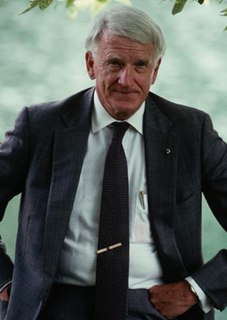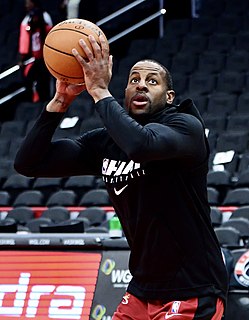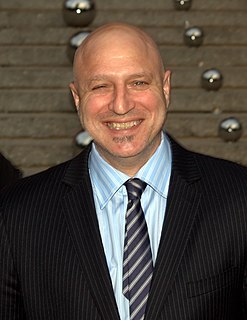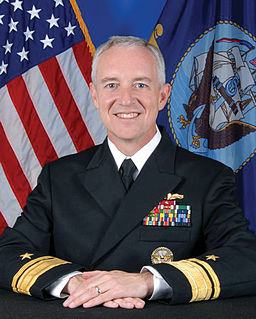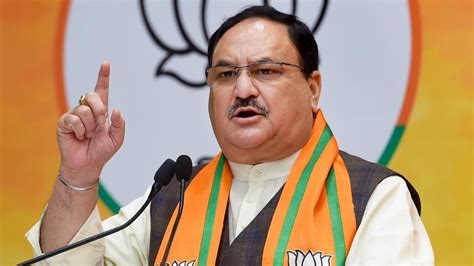A Quote by Whitney MacMillan
Food has become such an interesting issue in the nation and the world.
Related Quotes
the IAEA illegally insisted on politicizing the Iranian nation's nuclear case, but today, because of the resistance of the Iranian nation, the issue is back to the agency. And I officially announced that, in our opinion, the nuclear issue of Iran is now closed and has turned into an ordinary agency matter.
Take the life issue. This issue requires a president and an administration leading our nation to understand the importance of life. This whole faith-based initiative really ties into a larger cultural issue that we're working on. It begins to affect the life issue, as well as the human dignity issue, because when you're talking about welcoming people of faith to help people who are disadvantaged and are unable to defend themselves, the logical step is also those babies.
It's always been government's role to protect the security of the nation. And cyber-attacks is a security issue, from our perspective. And it's a security issue of particular concern with respect to the nation's core critical infrastructure, the infrastructure everyone relies on, the energy sector, the telecommunications sector, the banking sector.
